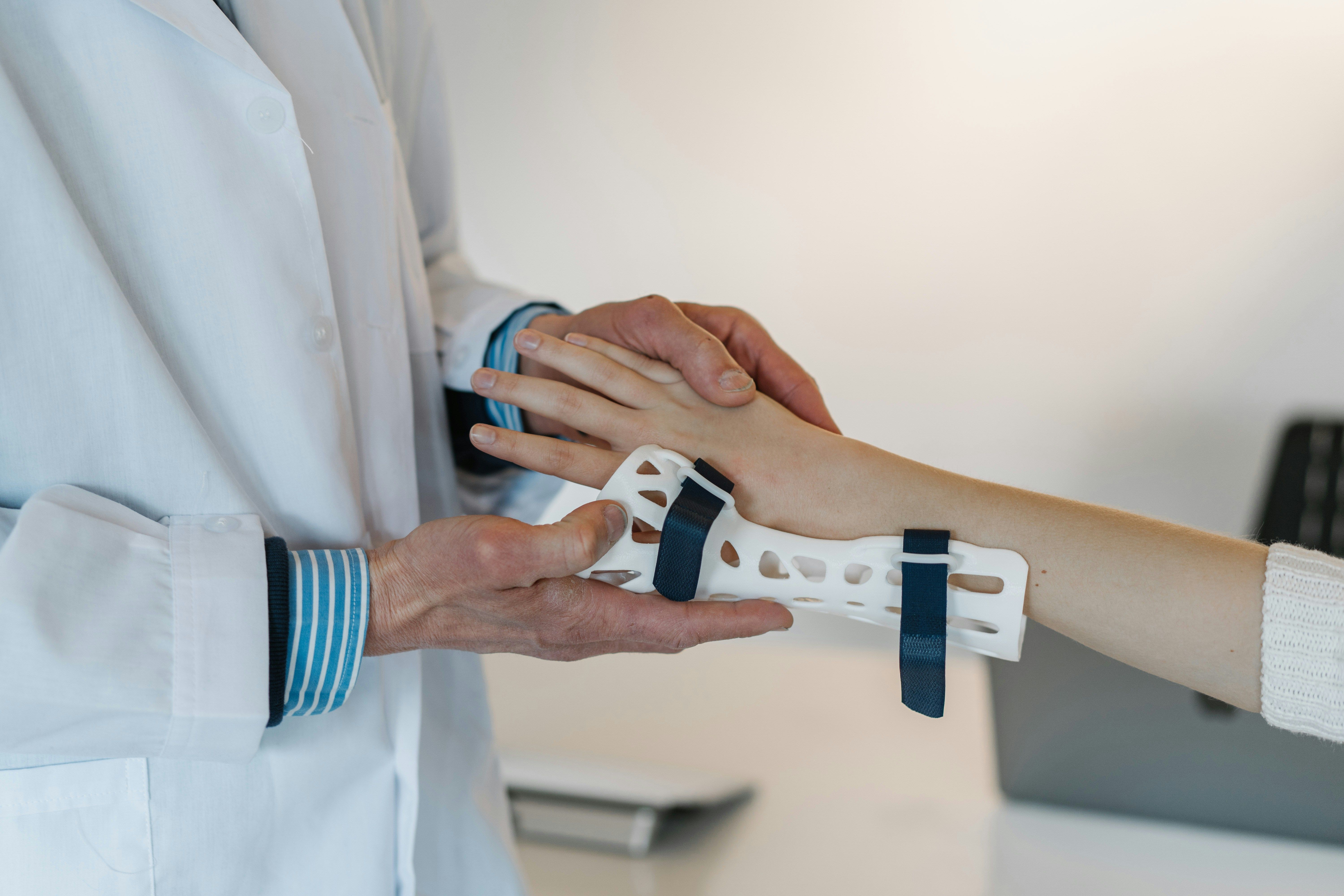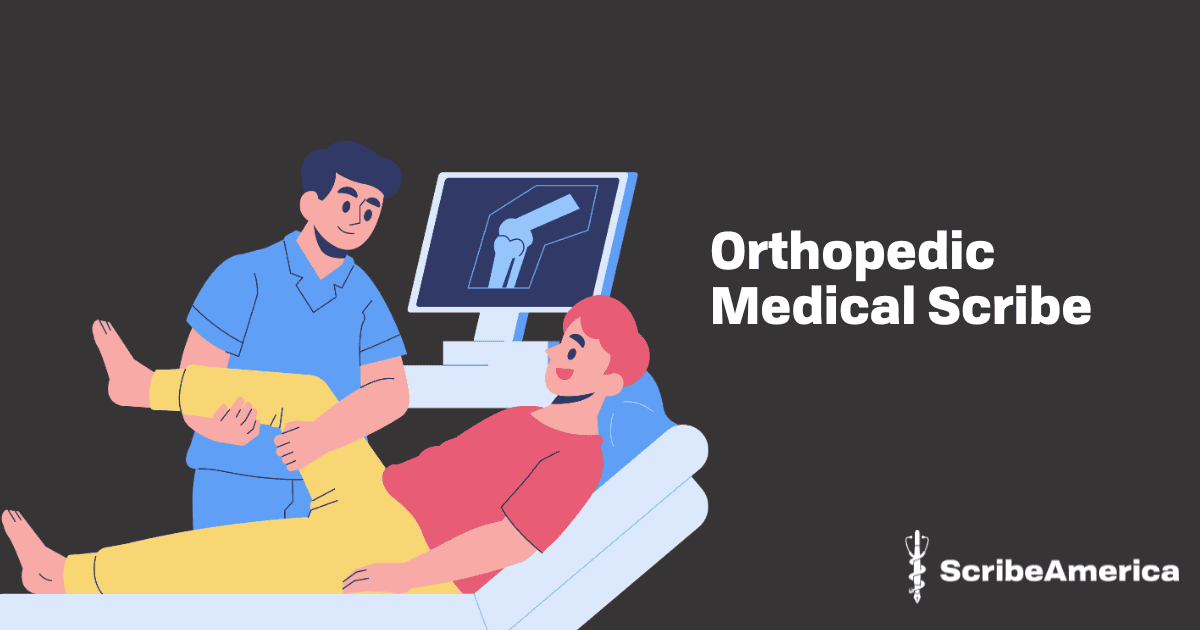Key Takeaways:
- Orthopedic medical scribes play a crucial role in documenting patient visits, assisting orthopedists, and improving workflow efficiency.
- Orthopedic scribes need to be familiar with orthopedic terminology, fast typing, and EHR systems to manage patient data efficiently.
- Becoming an orthopedic medical scribe requires specialized training, including knowledge of orthopedic terminology and HIPAA regulations.
- This career is ideal for pre-med students, offering hands-on experience in orthopedic specialties like Spine, Foot and Ankle, Hand, and mor
An orthopedics medical scribe is a trained professional who helps orthopedists on a daily basis. Their role is to document patient visits and input them into the EHR system. As such, orthopedics medical scribes need to have excellent knowledge of the related terminology, type quickly, and know the healthcare systems inside out. In this article, we will put more light on their jobs. Did we spark your interest? If so, read on.
What Is an Orthopedic Medical Scribe?
An orthopedic medical scribe is a trained professional who assists orthopedists by documenting patient visits and inputting the data into the Electronic Health Record (EHR) system. By handling the administrative workload, orthopedic scribes free up the physician’s time, allowing them to focus entirely on patient care. Medical scribes in orthopedics are crucial for ensuring accurate and efficient record-keeping.
Unlike general medical scribes, orthopedic scribes specialize in orthopedic terminology and specific sub-specialties within orthopedics such as Spine, Foot and Ankle, Hand, Sports Medicine, Hip and Knee, Pediatrics, Trauma, and more. This makes the role especially appealing for pre-med students aspiring to pursue a career as an orthopedist or orthopedic surgeon.

How to Become an Orthopedic Medical Scribe – Everything You Need to Know
Becoming an orthopedic scribe doesn’t require a license but does necessitate proper training. Here are key skills and knowledge areas you’ll need to thrive in the role:
- Orthopedic and Medical Terminology – Understanding both general medical terminology and orthopedic terminology specific to the sub-specialty you work in is essential.
- Quick Typing Skills – Since documentation is done in real-time, orthopedic scribes must be able to type quickly, ideally over 40 words per minute, to keep up with patient visits.
- HIPAA Regulations – Working with patient data requires knowledge of HIPAA regulations to ensure data privacy and security.
- EHR Systems – Proficiency in navigating EHR systems is essential for entering patient data accurately and efficiently.
- Physical Stamina – As a medical scribe, you’ll be on your feet for extended periods, so physical stamina is important for managing the demands of the job.
To prepare for the role, many aspiring orthopedic scribes enroll in associate or bachelor programs that focus on medical terminology, healthcare legislation, and administration. HIPAA training is also mandatory for anyone handling patient information in the healthcare field. The better the training, the higher the chances of securing the job.
Final Thoughts: Why Becoming an Orthopedic Medical Scribe is a Smart Career Move
Becoming an orthopedic medical scribe is an excellent opportunity for anyone considering a future in orthopedic surgery or orthopedics in general. It not only enhances your med school application but also provides valuable hands-on experience in the field. If orthopedics isn’t your area of interest, you might want to explore other medical scribe specialties like:





